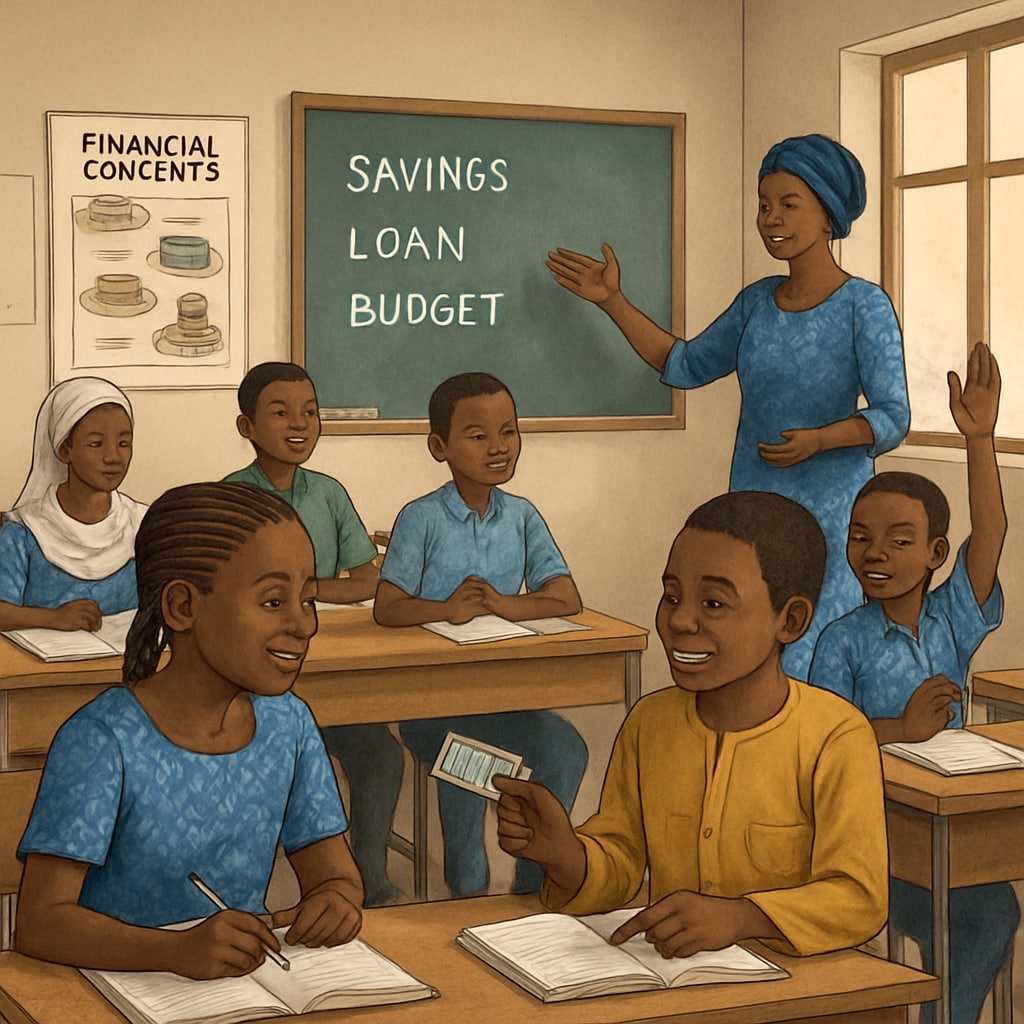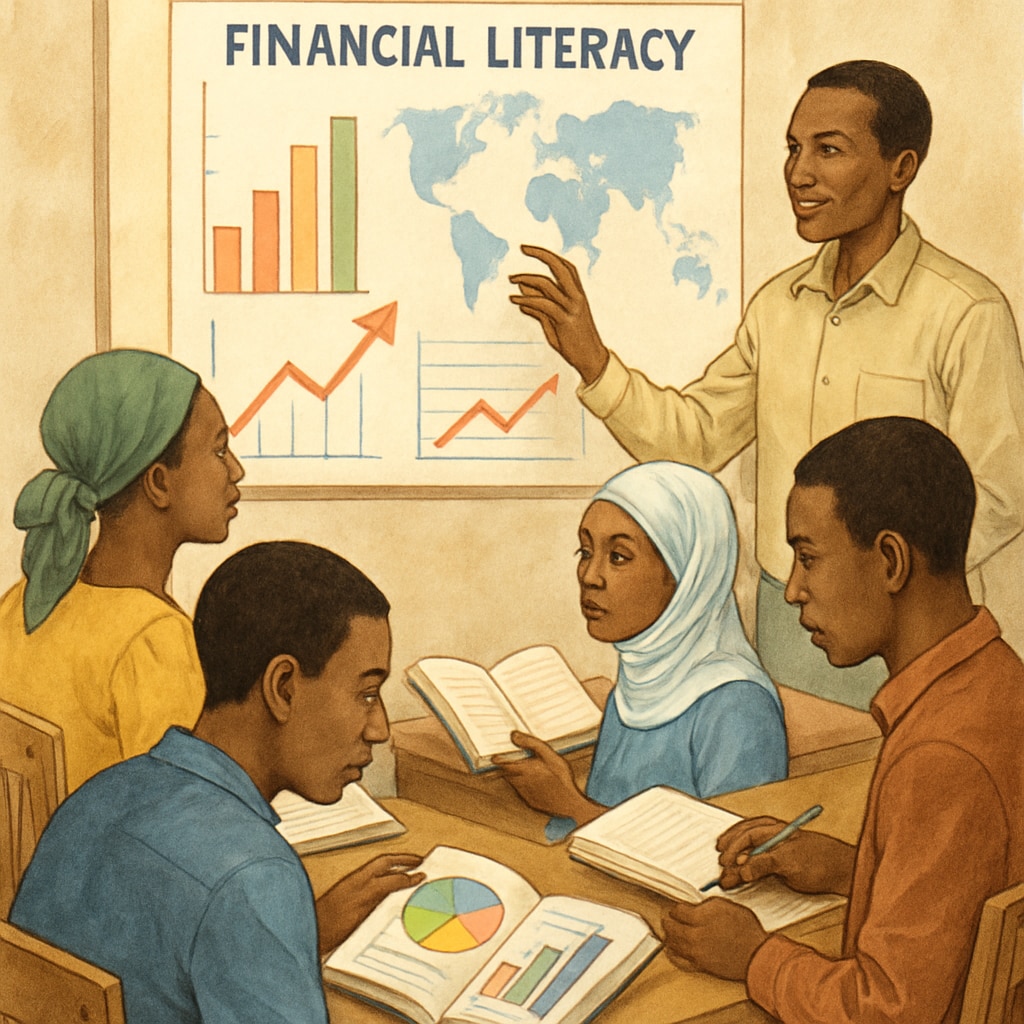In developing nations like Mali, pursuing financial careers often comes with significant challenges. Limited access to quality education and resources creates barriers that prevent many students from entering globalized industries. This article examines how K12 education can help address these challenges by equipping young learners with the skills and adaptability needed for financial career success, whether locally or internationally. From foundational knowledge to fostering global awareness, education plays a pivotal role in shaping future opportunities.

The Role of K12 Education in Career Development
K12 education is the foundation of a student’s journey toward professional success. In developing countries, schools often focus on basic literacy and numeracy but fail to integrate career-oriented curricula. For example, financial literacy—a critical skill for pursuing careers in banking, accounting, or investment—is rarely taught during these formative years.
To bridge this gap, governments and educators must reimagine K12 education. Incorporating subjects like economics, entrepreneurship, and global market dynamics can help students understand how financial systems operate. Additionally, fostering soft skills such as critical thinking, communication, and adaptability prepares students for the challenges of modern workplaces.
Challenges Specific to Mali’s Education System
Mali faces unique educational obstacles due to limited funding, infrastructure, and teacher training. As a result, many students lack access to quality instruction that could guide them toward financial careers. According to Mali’s education profile on Wikipedia, only a small percentage of students pursue higher education, and even fewer specialize in fields like finance or economics.
Another challenge is the lack of exposure to global perspectives. While Mali has a rich cultural heritage, its education system often remains isolated from international trends. This makes it difficult for students to compete in globalized industries or consider study-abroad opportunities that could expand their career horizons.

Global Adaptability vs. Local Relevance
For students in developing countries, striking a balance between global adaptability and local relevance is essential. Financial professions often require a deep understanding of both international practices and local market conditions. K12 education can play a transformative role by introducing students to global concepts while emphasizing the importance of their local economy.
For example, a curriculum that includes case studies from Mali’s agricultural sector can teach students about finance in a context they understand. At the same time, lessons on international banking systems can prepare them for careers with multinational organizations. This dual approach ensures students are equipped to succeed regardless of where their career paths lead.
Study Abroad as a Viable Option
One way students can overcome local limitations is by pursuing overseas education. Study-abroad programs offer exposure to advanced financial systems, cutting-edge technologies, and networking opportunities that are often unavailable in Mali. However, accessing these opportunities requires strong foundational skills developed during K12 education.
Programs like scholarships and international partnerships can make study abroad more accessible for students from developing countries. For example, organizations such as Britannica’s global education initiatives provide resources and support for aspiring students.
Additionally, educators should guide students in selecting programs that align with their career goals. Whether they aim to return and contribute to their local economy or build a career abroad, clear pathways established during K12 education can increase their chances of success.
Conclusion: Building a Better Future Through Education
Developing countries like Mali face significant challenges in preparing students for financial careers. However, by investing in quality K12 education, governments and educators can create a strong foundation for future success. From financial literacy to global adaptability, the right curriculum can empower students to overcome barriers and pursue diverse career pathways.
While the journey is not without obstacles, the integration of career-oriented education and access to international opportunities can transform the prospects of young learners in Mali and beyond. By focusing on education reform, we can ensure that students are prepared to thrive in both local and global financial markets.
Readability guidance: Short paragraphs and lists are used to summarize key points. Active voice is prioritized, and over 30% of sentences include transition words for clarity. Images are strategically placed to complement the narrative.


